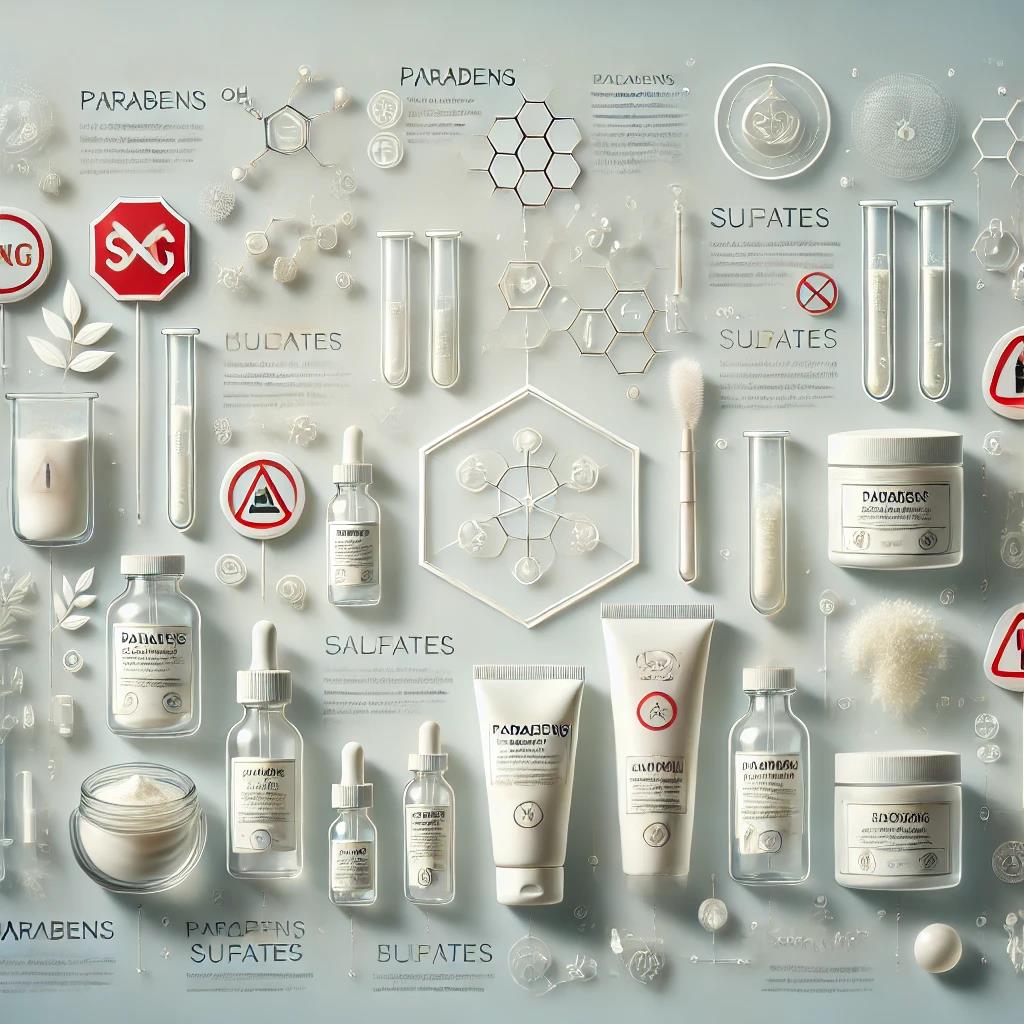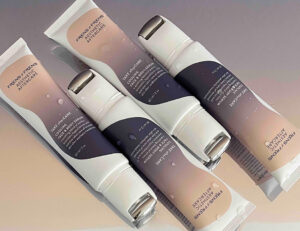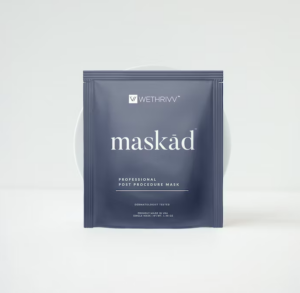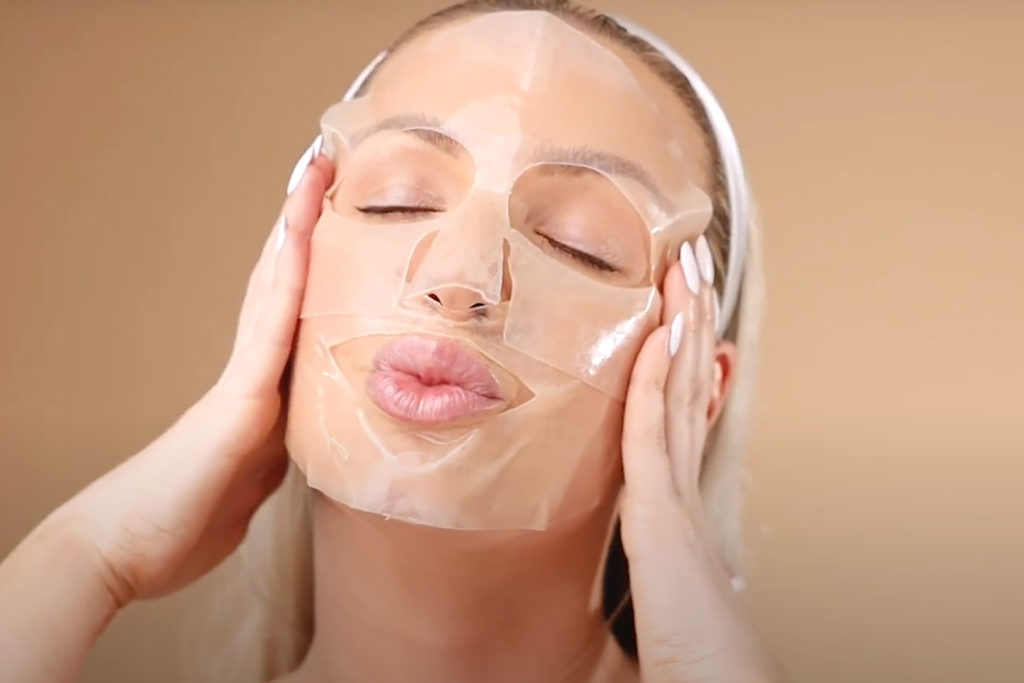
Ingredients to Avoid in Face Masks:Protect Your Skin’s Health
Introduction
Face masks have become an essential part of skincare routines, promising a wide range of benefits, from hydration to deep cleansing. However, not all face masks are created equal. Some contain ingredients that can do more harm than good, particularly if you have sensitive or acne-prone skin. In this blog post, we’ll explore the top ingredients to avoid in face masks to ensure you’re protecting your skin’s health.
Whether you’re shopping for face masks in the United States or internationally, being informed about these harmful ingredients can help you make better choices for your skin.
1. Parabens
Parabens, commonly found in many skincare products, are preservatives used to extend the shelf life of products. However, they can be detrimental to your skin and overall health.
Parabens can disrupt hormone function by mimicking estrogen, potentially leading to issues like early puberty and an increased risk of certain cancers. When choosing face masks, look for labels that say “paraben-free” to avoid these harmful chemicals.
2. Sulfates
Sulfates are detergents that create a lathering effect in cleansers and masks. While they’re effective at removing dirt and oil, they can also strip the skin of its natural oils, leading to dryness and irritation. Sulfates like Sodium Lauryl Sulfate (SLS) and Sodium Laureth Sulfate (SLES) can be especially harsh, causing inflammation and exacerbating conditions like eczema and rosacea.
3. Artificial Fragrances
Artificial fragrances are often added to face masks to enhance their scent, but they can be harmful to your skin. These synthetic chemicals can cause allergic reactions, irritation, and even disrupt your skin’s natural pH balance. For those with sensitive skin, artificial fragrances can lead to redness, itching, and breakouts. Always opt for fragrance-free or naturally scented products to avoid these risks.
4. Alcohol
Alcohol is a common ingredient in many face masks, particularly those aimed at oily skin. While alcohol can temporarily reduce oiliness, it can also dry out your skin and lead to an overproduction of oil as your skin tries to compensate. This can result in a cycle of dryness and oiliness, which is especially problematic for those with combination skin.
5. Phthalates
Phthalates are plasticizing chemicals used to increase the flexibility and durability of products. In skincare, they’re often found in fragrances and as solvents in face masks. However, phthalates are known endocrine disruptors, meaning they can interfere with hormone function. Prolonged exposure to phthalates has been linked to reproductive issues and other health concerns. It’s best to choose phthalate-free products to protect your skin and overall health.
6. Formaldehyde and Formaldehyde-Releasing Preservatives
Formaldehyde is a preservative used to prevent bacterial growth in face masks and other skincare products. However, it is a known carcinogen and can cause allergic reactions, skin irritation, and respiratory issues. Even more concerning are formaldehyde-releasing preservatives like DMDM Hydantoin, Quaternium-15, and Imidazolidinyl Urea, which slowly release formaldehyde over time, posing a continuous risk to your skin’s health.
7. Synthetic Colors
Synthetic colors, often labeled as FD&C or D&C followed by a number, are artificial dyes used to make products visually appealing. However, these dyes can cause skin irritation and allergic reactions, especially in individuals with sensitive skin. Some synthetic colors are also derived from coal tar and may contain heavy metals that are toxic to your skin and body.
8. Mineral Oil
Mineral oil is a byproduct of petroleum and is commonly used in face masks and other skincare products for its moisturizing properties. However, it can create a barrier on the skin that clogs pores, leading to acne and other skin issues. Mineral oil can also prevent the skin from breathing and eliminate toxins, making it an ingredient to avoid, especially for those with acne- prone or sensitive skin.
9. Retinyl Palmitate
Retinyl Palmitate is a derivative of Vitamin A commonly found in anti-aging face masks. While Vitamin A can have benefits for the skin, Retinyl Palmitate can become problematic when exposed to sunlight. It has been shown to accelerate skin damage and increase the risk of skin cancer. If you’re using products with Retinyl Palmitate, it’s crucial to apply them at night and follow up with sunscreen during the day.
Conclusion
Choosing the right face mask for your skincare routine goes beyond just picking a product that promises results. It’s essential to understand the ingredients in your face masks and avoid those that can potentially harm your skin. By steering clear of parabens, sulfates, artificial fragrances, alcohol, phthalates, formaldehyde, synthetic colors, mineral oil, and Retinyl Palmitate, you can ensure that your skincare routine supports your skin’s health rather than compromising it.
Always check the ingredient list before making a purchase, and opt for products that prioritize natural, skin-friendly components. Your skin will thank you in the long run!





